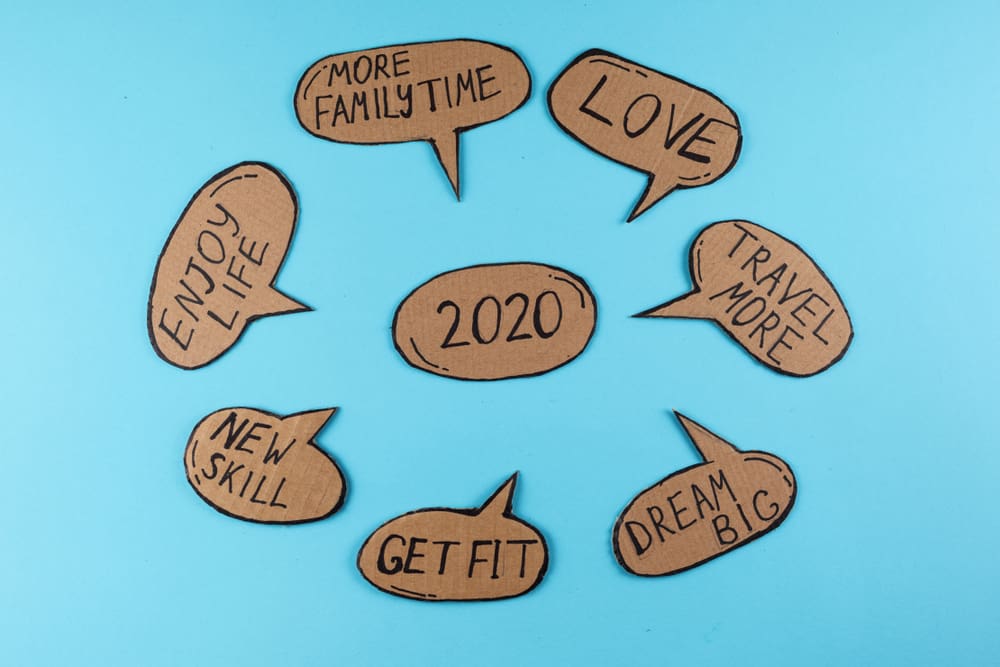
Dear Therapist:
I enjoy being able to hold a meditation stance on a daily basis, but I feel pressure to have to meditate for awhile — like thirty minutes or so. Although this is what I think I should do, I’ll admit I lose interest, my mind wanders, and it’s beginning to feel more like a chore than a time to get in touch with myself by being mindful in such a stance. How much is too much or not enough?
Sincerely, Too In My Head
Good for you for finding that meditation works for you for any time at all. The idea of meditation is exactly as you describe, i.e. a time for you to get in touch with your own mind by settling it into a quiet stance for a period of time.
However, the amount of time is not prescribed. It certainly can feel otherwise in our society, as many people go to meditation sessions and/or retreats and are “taught” how to meditate, which often includes some prescribed length of time to make your session “legitimate.”
In fact, meditation is a practice for you that is practiced based on how it feels for you. It is a completely unique practice with no right or wrong way to do it. If you are sitting in one place, with eyes closed, and legs crossed for thirty minutes that may be driving you crazy with your practice.
My suggestion: bust your meditation out! First, decide if thirty minutes is, in fact, the amount of time you want to spend. If not, decide for yourself what is the right amount of time. This can vary by day and by week. Whatever it is, make the time frame work for you.
Second, is your meditative stance working for you? Many people like to engage in a walking meditation or creative meditation via art supplies. Perhaps sitting in one place for thirty minutes hits it right for you one day and the next day sitting in a meditative space while you draw may be just right or, on other days, grabbing your dog, your hiking boots, and heading to a trail to meditate in the woods is perfect. Whatever your meditative stance, it is absolutely unique to you.
Finally, drop any thoughts that the way you are meditating is wrong. Meditation is a unique practice that is private. Being true to yourself and making yourself feel comfortable and engaged with your practice are the keys to meditating well for one’s self.



